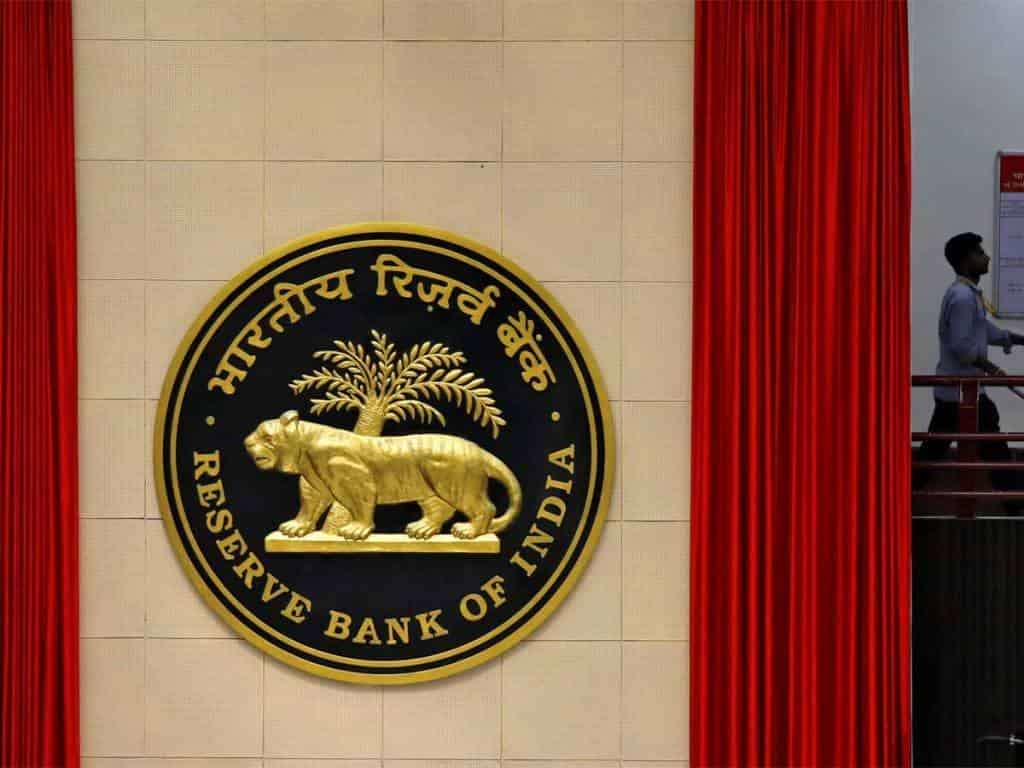RBI advises HDFC Bank to stop new digital releases and sell new credit cards following recent online banking outages

According to a company filing with the stock exchanges, the Reserve Bank of India (RBI) has ordered India’s largest private sector lender, HDFC Bank, to stop issuing new credit cards and stop the launch of new digital firms.

The order came after a notable surge over the past two years in the number of outages of its online services, the most recent one on November 21.
HDFC Bank argues that the Central Bank’s order would not affect its current credit cards, digital banking platforms, or existing operations in any way.
This is what HDFC Bank has been asked to do by the RBI:
- Digital 2.0 (to be launched) and other planned business generating IT technologies would cancel all digital business releases generating activities scheduled under its software.
- Avoid sourcing new customers from credit cards.
- Examine and correct lapses in transparency

HDFC Bank, in its regulatory filing, said that over the last two years, the Bank has taken a range of steps in the previous two years to improve its IT processes and will continue to work rapidly to close the balance and continue to engage with the regulator in this regard.
Net banking facilities from HDFC Bank are taking a dive
The RBI requested a clarification from the Bank after the recent shutdown of the online HDFC Bank, which lasted about 12 hours. The mysterious failure at the data centers of HDFC Bank not only interrupted net banking but also UPI payments and ATM activities.
At the moment, at one of their data centers, the Bank’s only excuse was an ‘unexpected outage.’ No further specifics were given regarding whether it was an administrative fault, an external attack, or simply shoddy technology.
Nonetheless, this is the third time the Bank’s customers have experienced instability on such a scale in the last two years.
HDFC Bank is India’s biggest seller of credit cards
Although HDFC Bank says that no existing credit cards will be affected by the RBI order, it should be noted that it is currently the country’s largest credit card seller.
The guidelines often arrive when monthly patterns suggest faster pickups and additions in credit card transactions. According to TransUnion Cibil, credit card requests reached pre-COVID thresholds in October.
The order came after a notable surge over the past two years in the number of outages of its online services, the most recent one on November 21.
HDFC Bank argues that the Central Bank’s order would not affect its current credit cards, digital banking platforms, or existing operations in any way.
This is what HDFC Bank has been asked to do by the RBI:
- Digital 2.0 (to be launched) and other planned business generating IT technologies would cancel all digital business releases generating activities scheduled under its software.
- Avoid sourcing new customers from credit cards.
- Examine and correct lapses in transparency
HDFC Bank, in its regulatory filing, said that over the last two years, the Bank has taken a range of steps in the previous two years to improve its IT processes and will continue to work rapidly to close the balance and continue to engage with the regulator in this regard.
Net banking facilities from HDFC Bank are taking a dive
The RBI requested a clarification from the Bank after the recent shutdown of the online HDFC Bank, which lasted about 12 hours. The mysterious failure at the data centers of HDFC Bank not only interrupted net banking but also UPI payments and ATM activities.
At the moment, at one of their data centers, the Bank’s only excuse was an ‘unexpected outage.’ No further specifics were given regarding whether it was an administrative fault, an external attack, or simply shoddy technology.
Nonetheless, this is the third time the Bank’s customers have experienced instability on such a scale in the last two years.
HDFC Bank is India’s biggest seller of credit cards
Although HDFC Bank says that no existing credit cards will be affected by the RBI order, it should be noted that it is currently the country’s largest credit card seller.
The guidelines often arrive when monthly patterns suggest faster pickups and additions in credit card transactions. According to TransUnion Cibil, credit card requests reached pre-COVID thresholds in October.


